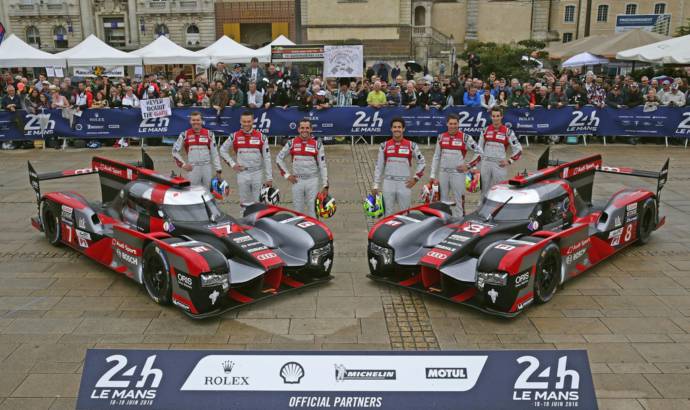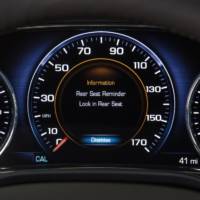In the last decade, Audi managed to wrote history at Le Mans. And this, even if they belivied in diesel when no one did. Ten years later, Audi celebrates its victories at Le Mans.
At the beginings, Audi Sport tested the diesel engine for Le Mans in collaboration with AUDI AG’s pre-production and production development. The 5.5-liter twelve-cylinder unit for use in racing was the first Audi diesel engine with an aluminum cylinder block. The Audi R10 TDI completed its initial rollout on the Italian race track at Misano on November 29, 2005. Exactly 200 days later, the diesel-powered sports car competed in the Le Mans 24 Hours and won.
In between, 30,000 test kilometers, plus another 1,500 hours of testing the V12 TDI engine on dynamometers, were clocked up. Frank Biela/Emanuele Pirro/Marco Werner crossed the finish line after 380 laps as the winners having covered 5,187 kilometers in the process. In the two subsequent years, the TDI engine from Ingolstadt and Neckarsulm again came out on top against fierce diesel competition on both occasions.
In 2010, Audi achieved the next major step with the R15 TDI. Its V10 TDI engine replaced the previous twelve-cylinder unit. It was 100 millimeters shorter, ten percent lighter and powered the open-cockpit sports car to a new top performance. Timo Bernhard/Romain Dumas/Mike Rockenfeller (D/F/D) covered 5,410.713 kilometers in 397 laps at Le Mans. With that, they broke a 39-year-old record from an era when no chicanes slowed the pace on the Hunaudières straight.
The Audi R18 TDI ushered in a new era in 2011. An innovative, compact and very efficient V6 TDI engine now powered the closed-cockpit sports car. To significantly reduce consumption and increase production relevance by downsizing, the engine’s displacement decreased by 1.8 to 3.7 liters.
For the 2016 season, the regulations have further reduced energy consumption. Audi has developed the V6 TDI engine to a new level once more. The current V6 TDI engine consumes 32.4 percent less fuel than the first generation from 2011. The progress made in comparison to 2006 is even more substantial. Today, Audi’s LMP1 race car with the current powertrain uses 46.4 percent less fuel at Le Mans than it did ten years earlier. In spite of this, it achieves lap times that are ten to 15 seconds better than those a decade ago.


